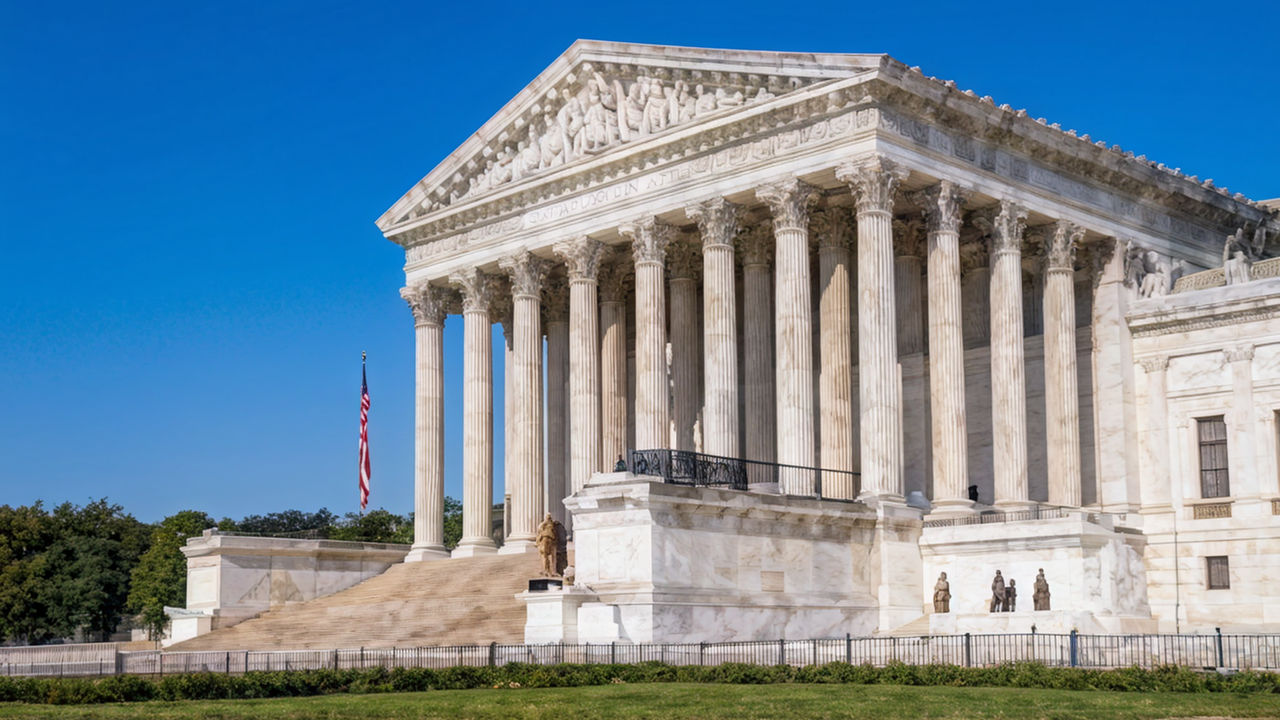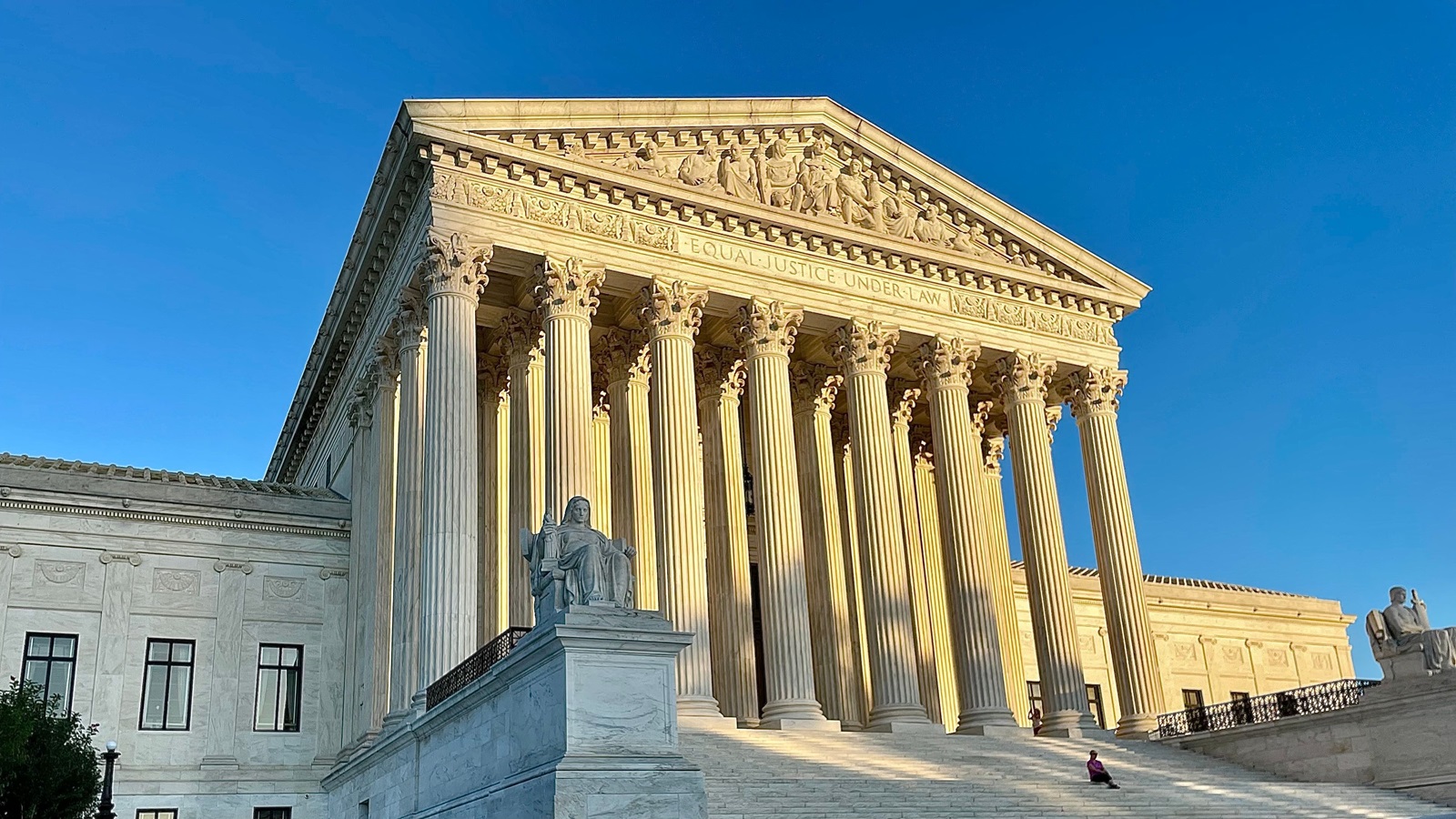Will Thompson v. United States Redefine Fraud Laws?
The Supreme Court’s Thompson v. United States could redefine federal fraud law, specifically limiting charges to explicit falsehoods. Currently, misleading statements—even half-truths—are often treated as fraud, but Thompson challenges this interpretation, highlighting a split between circuits. If the Court narrows the definition, fraud prosecutions may only target direct lies, impacting both charges and plea deals.









